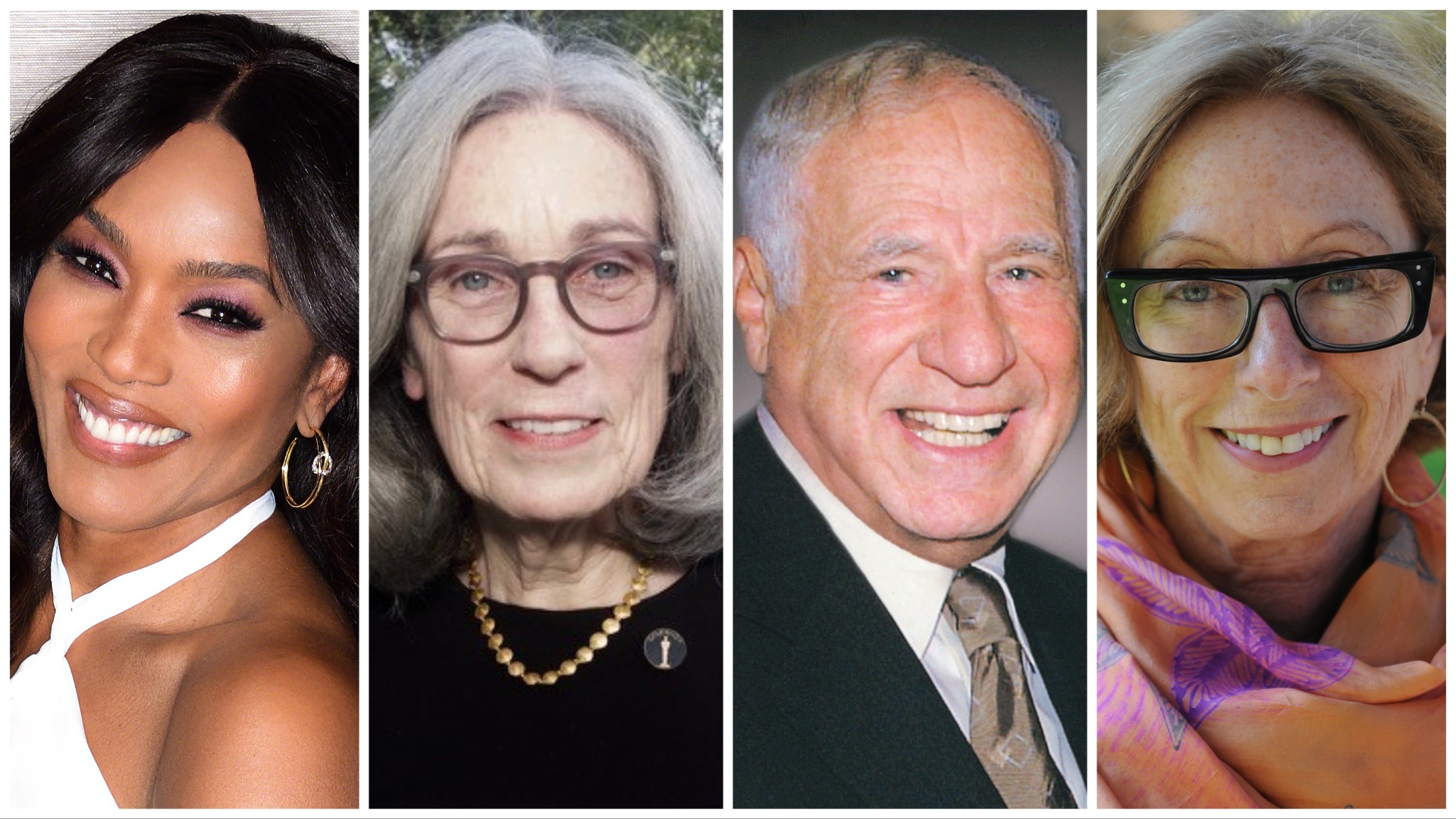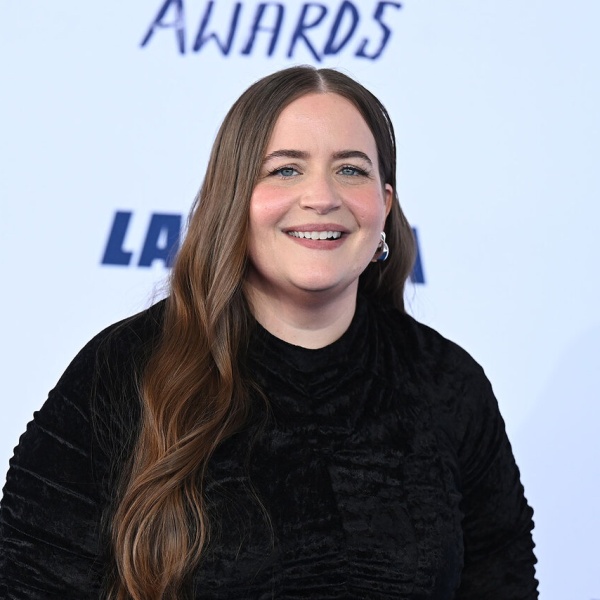The Academy Board of Governors voted to present Academy Honorary Awards to Angela Bassett, Mel Brooks and editor Carol Littleton and the Jean Hersholt Humanitarian Award to the Sundance Institute’s Michelle Satter. They will accept the four Oscars at the Academy’s 14th Governors Awards event on Saturday, November 18, 2023, at the Fairmont Century Plaza in Los Angeles.
“The Academy’s Board of Governors is thrilled to honor four trailblazers who have transformed the film industry and inspired generations of filmmakers and movie fans,” said Academy President Janet Yang in a statement. “Across her decades-long career, Angela Bassett has continued to deliver transcendent performances that set new standards in acting. Mel Brooks lights up our hearts with his humor, and his legacy has made a lasting impact on every facet of entertainment. Carol Littleton’s career in film editing serves as a model for those who come after her. A pillar of the independent film community, Michelle Satter has played a vital role in the careers of countless filmmakers around the world.”
Bassett earned a second Oscar nomination for her fierce Queen in “Black Panther: Wakanda Forever,” following her first, for her breakout role as Tina Turner in “What’s Love Got to Do with It.” Her other film credits include “Boyz N the Hood,” “Malcolm X,” “Waiting to Exhale,” “How Stella Got Her Groove Back,” “Black Panther,” “Mission: Impossible – Fallout,” “Avengers: Endgame,” and “Soul.” Her television credits include “The Jacksons: An American Dream,” “The Rosa Parks Story,” “American Horror Story” and “9-1-1.”
Multi-hyphenate director-producer-writer-actor Mel Brooks began his career writing television comedy routines for Sid Caesar and co-created the television series “Get Smart.” In 1967, he wrote and directed his debut feature “The Producers,” which earned him an Oscar for Original Screenplay and which he later adapted into a hit Broadway musical. His films include “The Twelve Chairs,” “Blazing Saddles,” “Young Frankenstein,” “Silent Movie,” “High Anxiety,” “History of the World – Part I,” “Spaceballs,” “Life Stinks,” “Robin Hood: Men in Tights” and “Dracula: Dead and Loving It.”
Littleton’s career as a film editor spans nearly five decades. In 1982, she earned an Oscar nomination for Film Editing for “E.T. The Extra-Terrestrial.” Her other credits include “Body Heat,” “The Big Chill,” “Places in the Heart,” and “The Manchurian Candidate.” She has served as governor of the Academy’s Film Editors Branch, president and vice president of the Motion Picture Editors Guild, and is on the Board of Directors of American Cinema Editors.
Satter is the founding senior director of the Sundance Institute’s Artist Programs, who has nurtured and supported countless emerging filmmakers at her writing and directing labs over 40 years. The alumnae made the labs famous, ranging from Quentin Tarantino (1991) to Chloé Zhao (2012) and Taika Waititi (2005) to Marielle Heller (2012). Many of them, like Marvel director Ryan Coogler, still turn to Satter for feedback or return to the labs as advisors.

Satter and her team never stop trawling for potential fellows and advisors. Satter chased down Paul Thomas Anderson at Sundance 1993 after seeing his short “Cigarettes and Coffee” and invited him to the summer Directors Lab. He brought “Sydney,” which later became “Hard Eight.” Satter invited John Cameron Mitchell to the Directors Lab after she saw “Hedwig & the Angry Inch” off-Broadway, but he didn’t want to direct himself. She brought in Tom Kalin to direct two scenes, asked Mitchell to do the third, and the rest is history.
She has also led the Sundance Institute’s international initiatives in Asia, Europe, India, Latin America and the Middle East. She founded and oversees the vision and content of Sundance Collab, a global digital storytelling community and learning platform.
The Honorary Award, an Oscar statuette, is given “to honor extraordinary distinction in lifetime achievement, exceptional contributions to the state of motion picture arts and sciences, or for outstanding service to the Academy.”
The Jean Hersholt Humanitarian Award, also an Oscar statuette, is given “to an individual in the motion picture arts and sciences whose humanitarian efforts have brought credit to the industry.”







